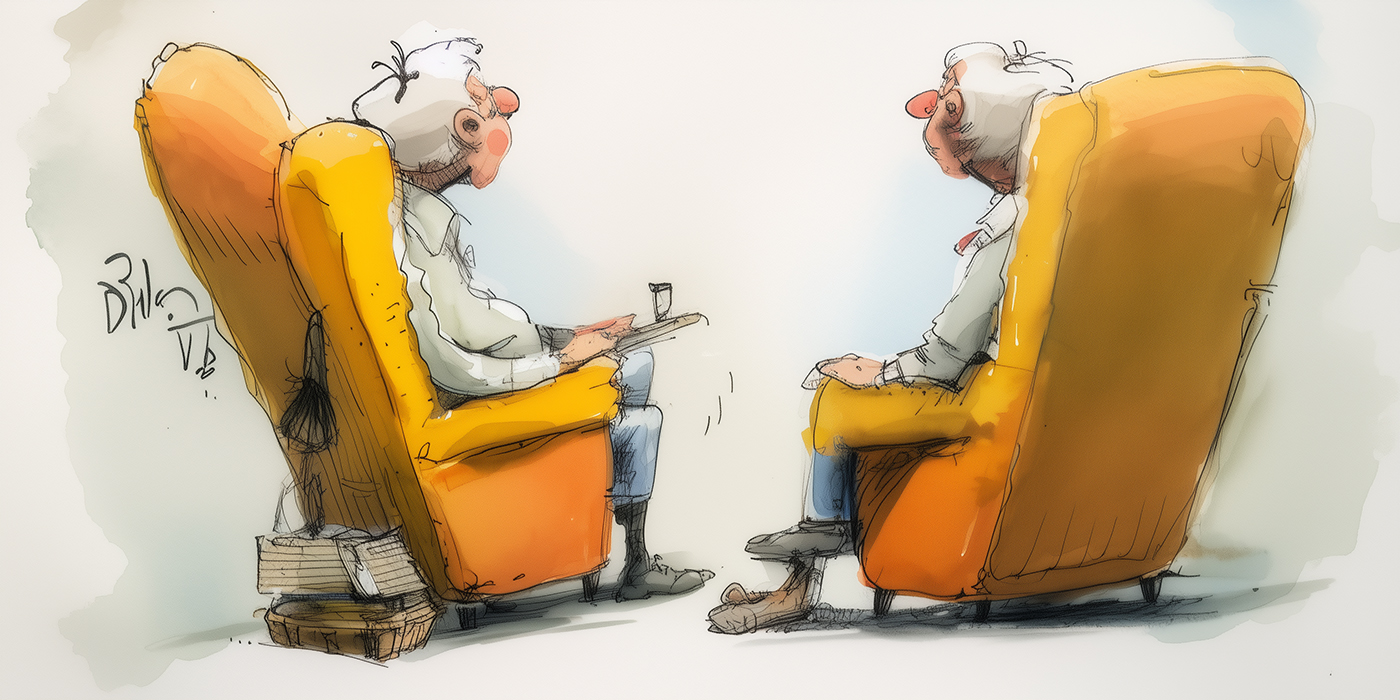On Halloween Day 2010, I stood at my father’s bed and held his hand and forehead as he passed on at age 90. It was time. His life had not been what he had wanted for the past three years—since a large heart attack—and his health had become gradually and steadily worse. So this was peaceful and a time of appropriate ending.
My dad lived a full life. He was a Navy Captain during World War II. He served on the USS Intrepid when it was torpedoed. He later became a pilot and was part of search operations for the Mercury space program and for the Cuban missile crisis. When he retired from the Navy, he became an environmental leader in the city of Jacksonville, cleaning up the St. John’s River. He was married to my mother for over 50 years until her death, and then re-married for another 11 years. He was a golfer and a sportsman, and he lived an active life into his late 80s.
I was blessed to be able to be at his side at that moment. My wife and I had just decided that he would likely live several more days, so I was packing things up to drive home and return again in a few days, when I noticed his suddenly irregular breathing. I stayed to talk him through his death. I told him of my love for him, and the love of so many others. I told him of all the good he had done in his life. I told him to go toward the light. I gave him permission to let go, to stop struggling. And then he died.
This was the same father whom I resented for most of my life. He was demanding and difficult to please when I was growing up. Nothing I did was ever quite enough. He taught me to strive for the best, a trait that has been both the strength of my life and the perfectionism that fed my addiction. He could never say “I love you” until recent years. I spent my teen years resenting him, my 20s trying to please him (and resenting him), and my 30s and 40s staying as far away as I reasonably could (and resenting him). I can remember acting out to the mental tune of “I’ll show you, Dad.” My father was number two on my Step Four list (after only my wife) and number two on my Step Eight list.
I made amends to my father seven years ago. I came to realize that he had done the best he could do, and that in fact his best had been pretty good indeed. In Step Four I came to see him as spiritually sick, and to think of him with compassion and with admiration. I saw that his actions toward me had only been active for only 18 years, while my resentment and anger at him went on for over 30 years. What father wants his son to stay distant for 30 years? My actions had perpetuated the problem. After talking it over with my sponsor, I went to my father and apologized for having treated him badly for my adult life. He treated it lightly and set it aside, but that apology made a difference to both of us.
Since that moment, my life with him has been different. Some would say that I continued to make amends by my actions—but I saw it rather as “practicing the principles” because I was being the son that I should have been all along. I visited him frequently in these last seven years. Since his heart attack, I spoke to him nearly every week, and I visited him nearly monthly. I was able to create a loving relationship with my father that we had never had in the 30 years before.
So the time spent with him this past Halloween was a reward, a culmination of the gifts of recovery. I can look back on his life and—now—be satisfied with my part in it.
Recovery is worth it. As the White Book says, “We found it to be the greatest adventure of our lives” (78). Thank you God, and thank you SA.
Eric H., Pensacola, FL






